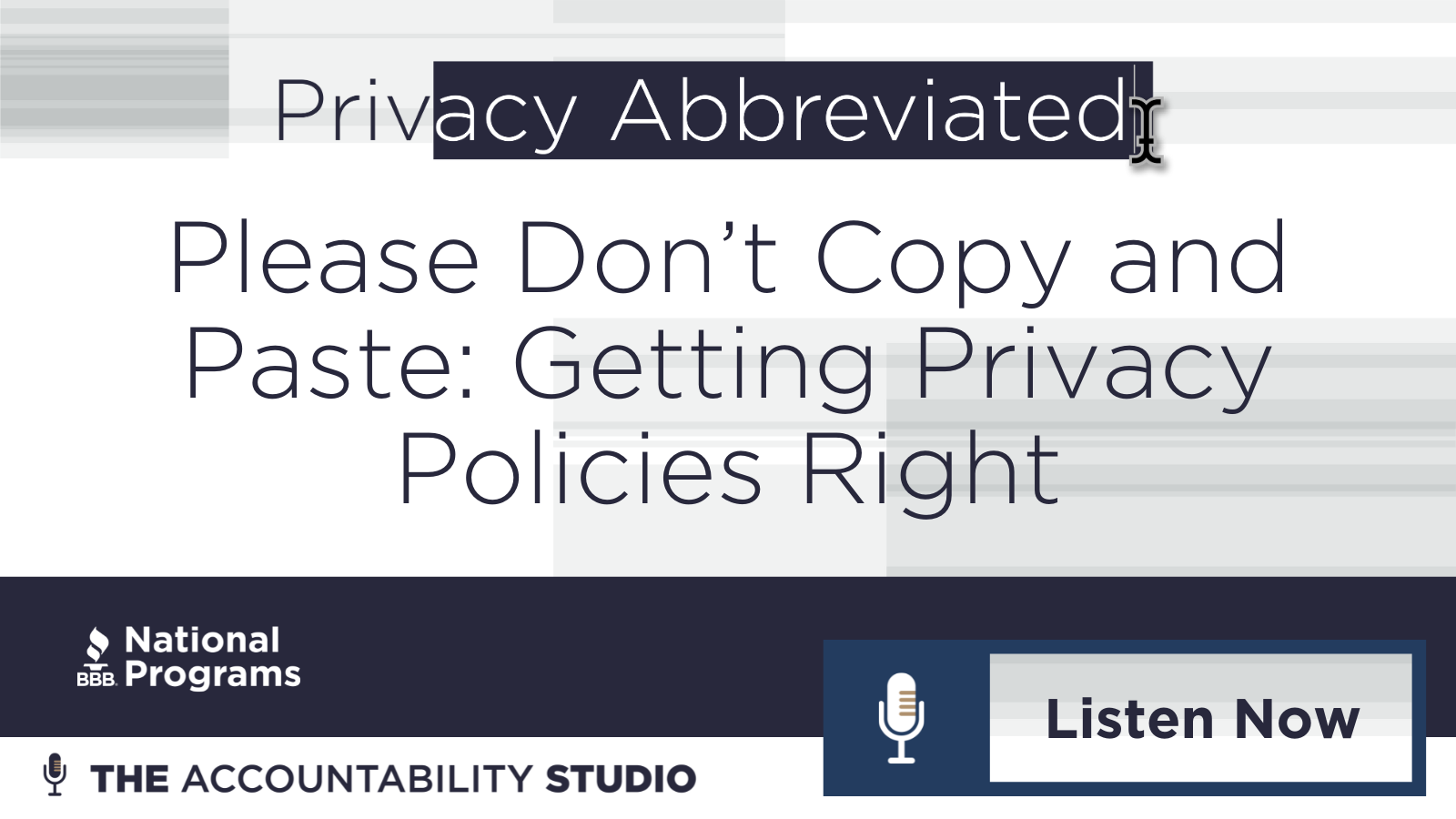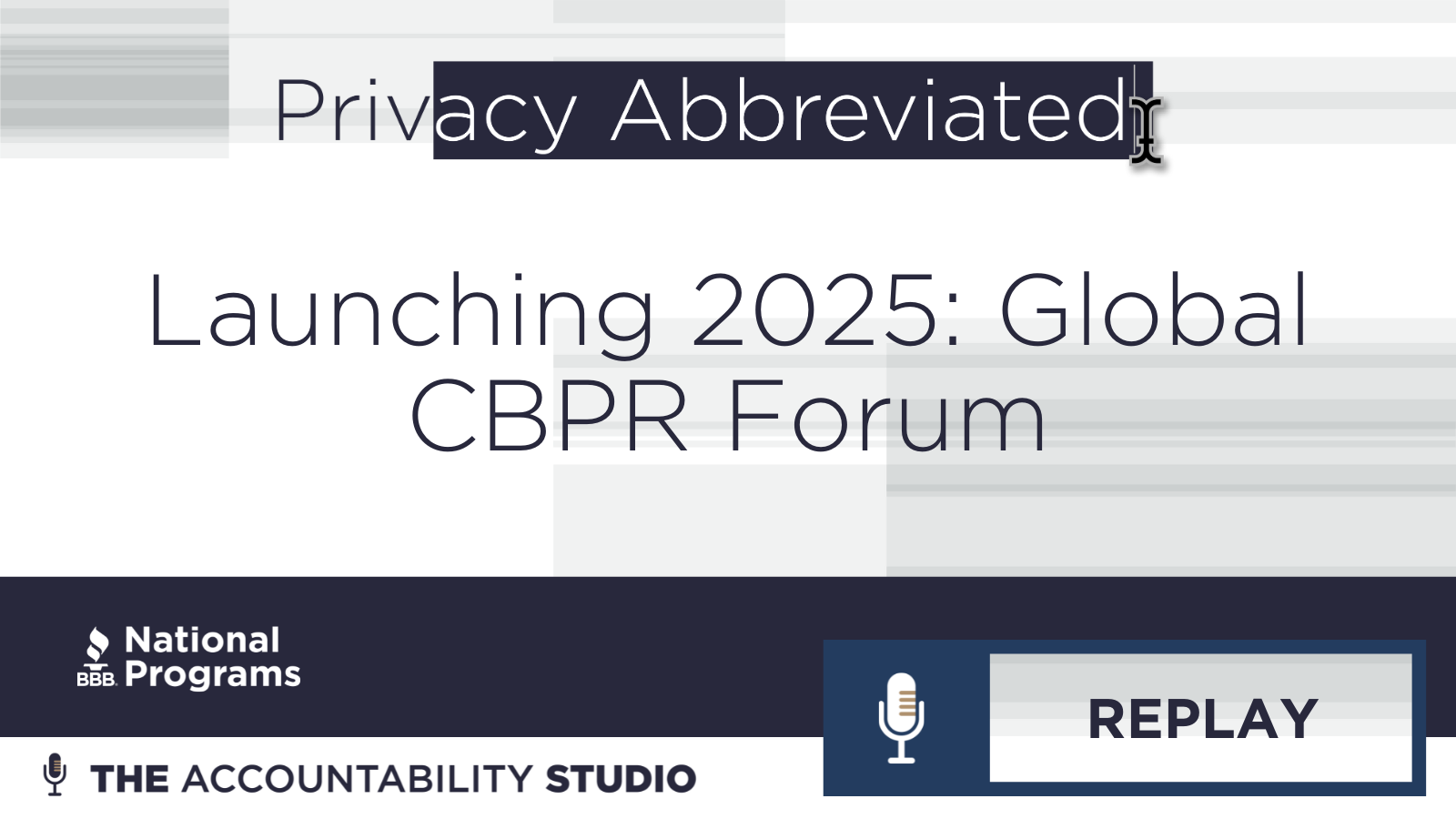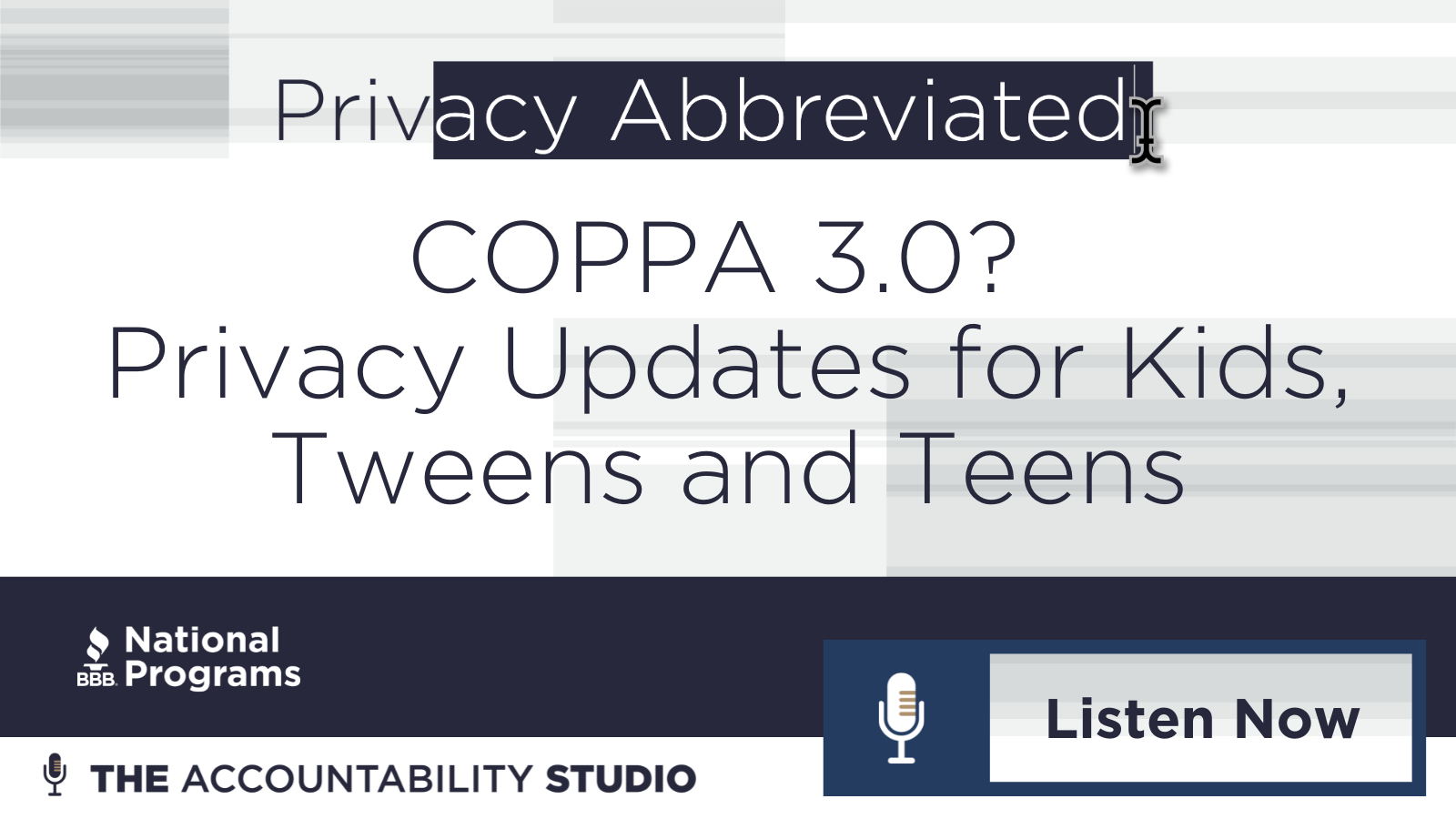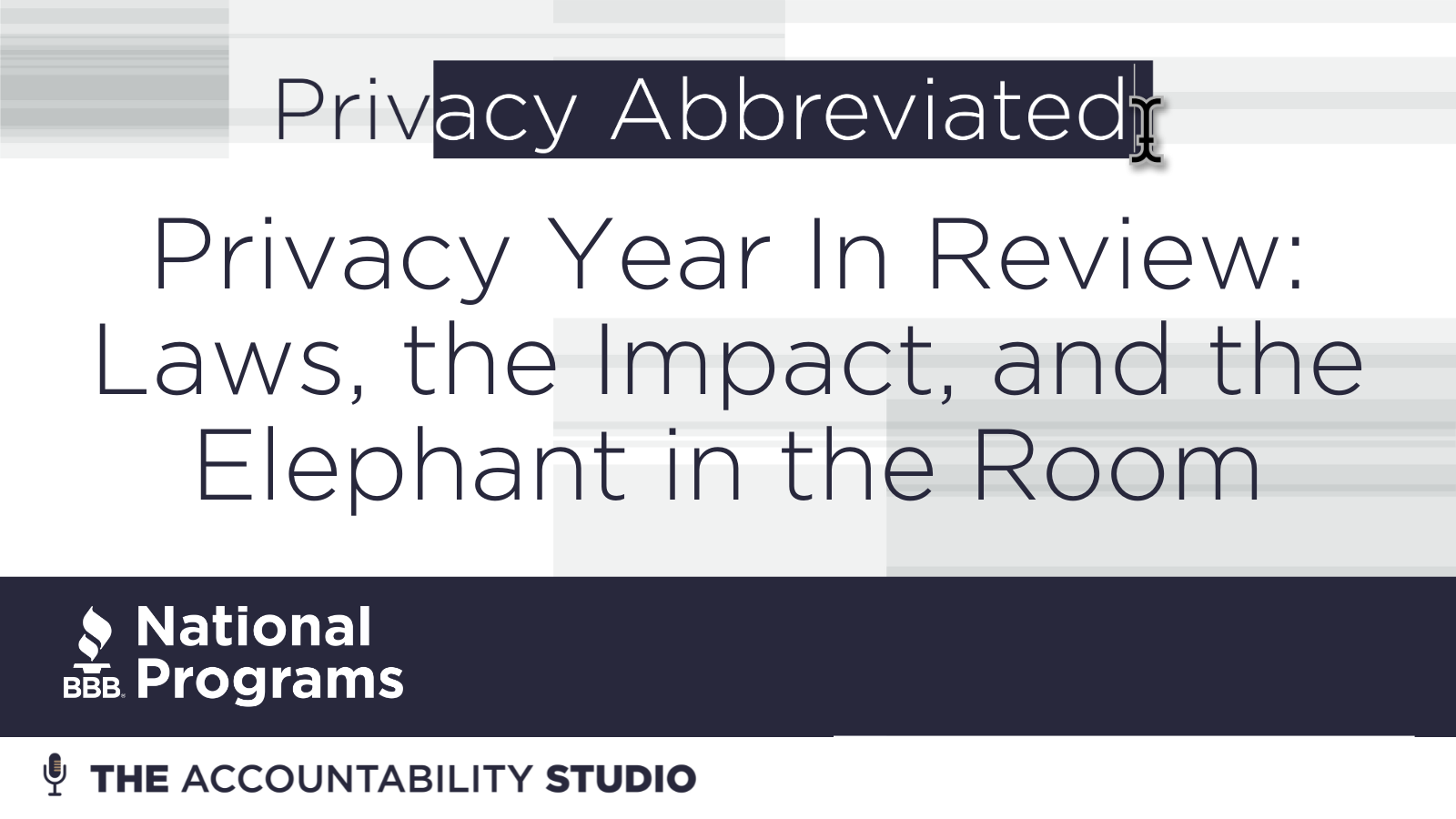Podcast (privacyabbreviated): Play in new window | Download (Duration: 51:22 — 70.7MB) | Embed
Subscribe: Apple Podcasts | Spotify | RSS
This is not just a conversation for those operating in the child or teen space. This conversation is for companies operating online. Full stop.
Join host Dona Fraser and her returning guest, Morgan Reed, President of the App Association, as they focus this episode of Privacy Abbreviated on the constantly evolving ecosystem of protecting children and teens online. From verifiable parental consent, to age appropriate design, to language like “all platforms must provide..,” Dona and Morgan break down the state and federal laws and proposals that are impacting companies across the board.
Key Takeaways
00:00 Introduction to Privacy Challenges for Children and Teens
02:47 Legislative Landscape and Its Impact on Businesses
05:43 Understanding Age Verification Requirements
08:58 The Cost of Compliance and Operational Challenges
11:45 Navigating Parental Consent and Data Collection
14:41 The Complexity of Age Definitions in Legislation
17:33 Risk Analysis for Businesses in a Changing Legal Environment
20:56 First Amendment Challenges and Broader Implications
23:49 The Burden on Small Businesses and Compliance Costs
26:47 The Role of Platforms in Age Verification
29:37 Future of Privacy Legislation and Business Practices
32:29 Global Perspectives on Age Verification and Compliance
35:45 Conclusion and Call to Action for Businesses



 Join us for this episode of Privacy Abbreviated, where Dona Fraser is joined by Rukiya Bonner, Director, Children’s Advertising Review Unit, BBB National Programs to discuss a year in children’s privacy in review. Dona and Rukiya break down the FTC’s COPPA Rule revisions, what new legislation has been proposed, what those proposals mean for businesses (including consideration of teen users), and predictions on what could be coming next.
Join us for this episode of Privacy Abbreviated, where Dona Fraser is joined by Rukiya Bonner, Director, Children’s Advertising Review Unit, BBB National Programs to discuss a year in children’s privacy in review. Dona and Rukiya break down the FTC’s COPPA Rule revisions, what new legislation has been proposed, what those proposals mean for businesses (including consideration of teen users), and predictions on what could be coming next.